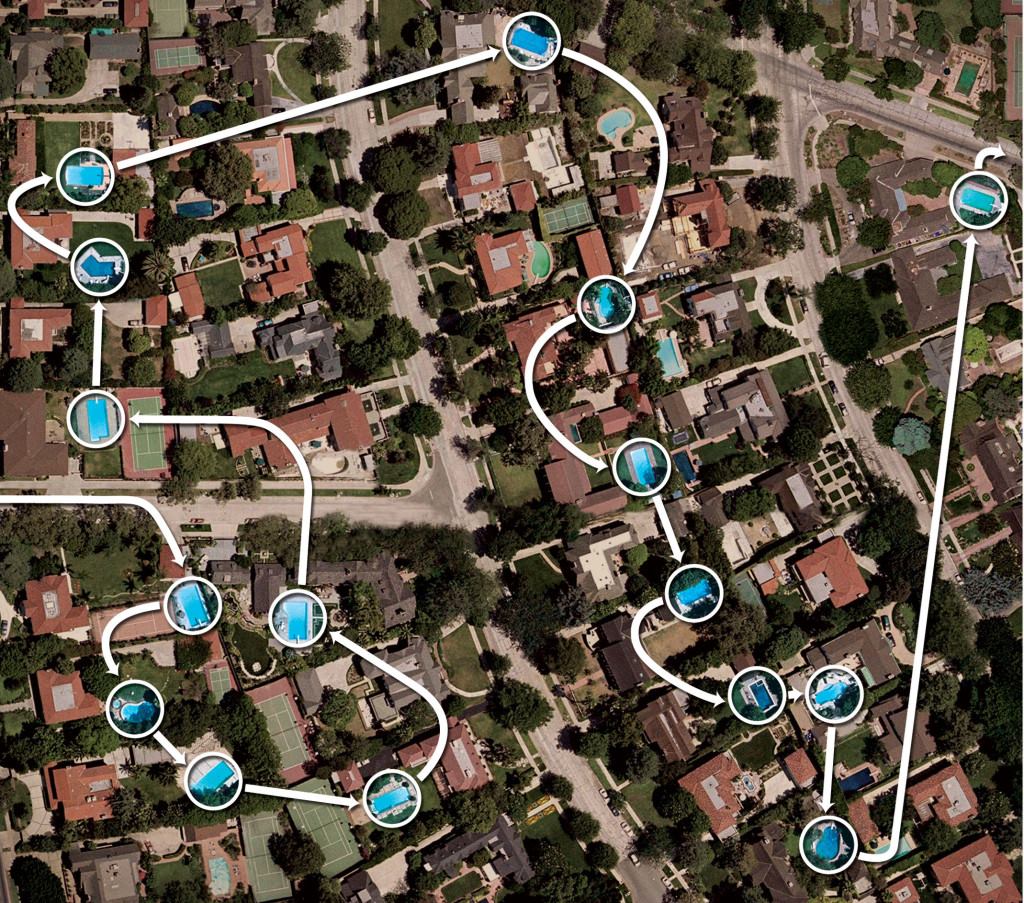Selling routes strictly for profit is a relatively new phenomenon. When Frank Passantino first began brokering these deals in the mid-1970s, service professionals were putting routes on the market for one of three reasons.
“The business owner was downsizing, relocating or getting a divorce,” says Passantino, owner of Pool Route Brokers in Southern California.
Sellers go through brokers for a list of qualified buyers. Brokers act as a third party to ensure everyone is getting a square deal. Most will appraise a route through a multiplier of 8 to 13 times the monthly service accounts, depending on the market area. They’ll also draw up a contract with certain legally binding conditions. Among them: That the seller will offer at least two weeks of training; will not poach his old customers back; and that the buyer will be refunded for any accounts lost during the first 90 days, unless through his or her own negligence.
Some brokers will even go as far as calling the customers on the accounts to ensure that the seller is who he says he is. Doing this may uncover some red flags. Sometimes they’ll find that a homeowner fired the seller. Passantino recalls discovering that some addresses didn’t even have a pool.
“You wouldn’t believe some of the scams I’ve seen,” he says.
In exchange for quality assurance, brokers take a cut of the transaction, typically between 10 and 20 percent.
However, some sellers are now cutting out the middleman and reaching buyers directly through websites such as BizBuySell.com and Craigslist, observers report. The danger in buying direct is that the seller may be inflating the value of the route. While brokers base the cost strictly on monthly service, an industry standard, an unscrupulous seller might add in other things such as filter cleanings and repairs.
“They start playing with all the moving parts,” Passantino warns.
SEE MORE: The Bad Rap on Route Builders
And whereas a reputable broker would place a mechanism in the contract that prevents a seller from servicing the accounts sold, there may be no such guarantee when buying direct. The route purchaser becomes more vulnerable to poaching by the seller when the new pro on the job has to increase his or her rates to stay afloat.
“You get guys that sell routes and they may even have written [a] contract on the sale, and yet, if an ex-customer calls them up …” says Ken Scott, owner of AquaBliss, serving Florida’s Broward and Palm Beach counties. “I’ve heard and seen it happen.”
His advice? “Buy from a reputable broker. You’re protecting yourself.”
Bill Williams, a Houston route builder, agrees. Each of his sales were arranged through a broker.
“Everything has always been smooth as glass,” he says.
While brokers obviously have a vested interest in touting their services, they do make a strong case. It used to be that pool pros worked out these arrangements among each other, but not everyone got a fair deal, hence the need for a third-party to facilitate these transactions.
“We’re a stabilizing force in the industry,” says Charles Baird, president of National Pool Route Sales in Orange County, Calif.
Even so, they’ve got their own problems to deal with. Brokers tell of a scam whereby someone poses as a buyer asking for a list of accounts on an advertised route. Brokers provide the list, only to see it surface on Craigslist as a route for sale by an unauthorized dealer. The fraudulent seller asks for cash upfront on accounts that are not his.
“I’ve seen the list online and I’ll say ‘Wait a minute! Those are our accounts!’” says Jansen Falvai, sales manager at Pool Route Pros in Orange County, Calif.
As Baird notes: “It can be a real mess out there.”




